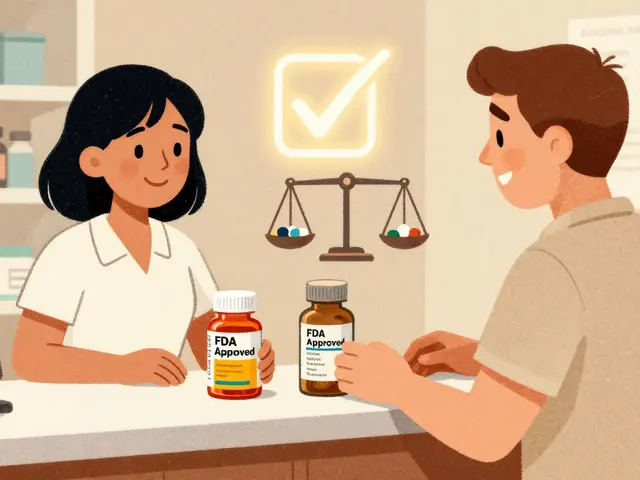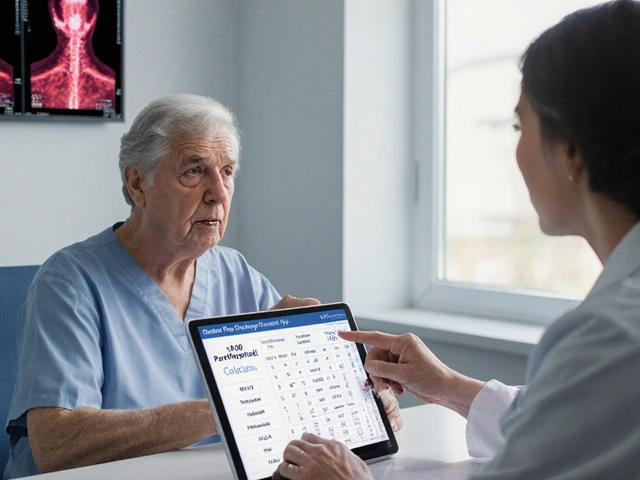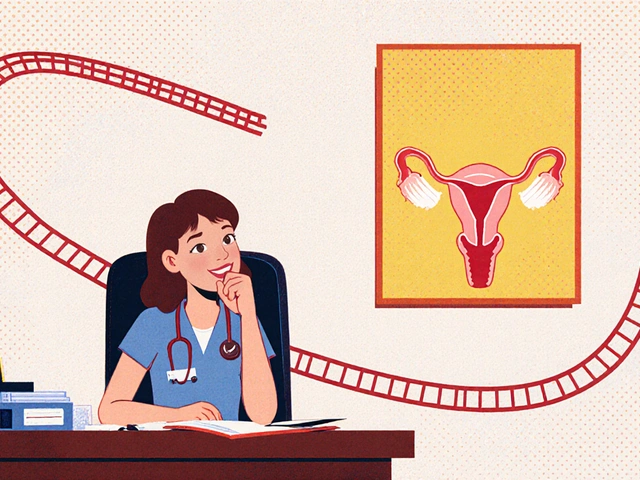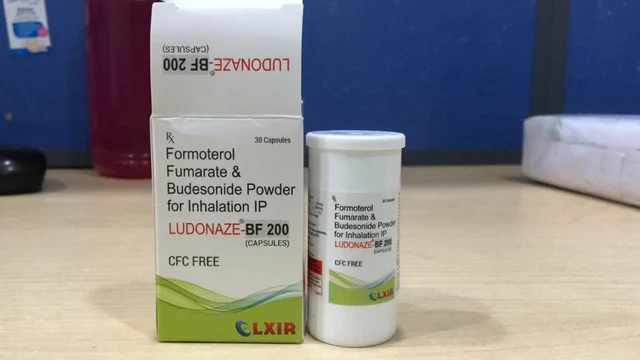Erectile Dysfunction: Quick, Practical Guide
Erectile dysfunction (ED) means trouble getting or keeping an erection firm enough for sex. It happens to many men at some point — about half of men over 40 have some degree of ED. The good news: most causes are treatable once you know what's behind it.
Common causes include poor blood flow from heart disease or diabetes, nerve damage from surgery or injury, low testosterone, certain medicines, and stress or anxiety. Lifestyle choices such as smoking, heavy drinking, lack of exercise, and poor sleep also make ED worse. Identifying the main cause helps pick the right fix.
See a doctor if ED starts suddenly, gets worse, or appears with other symptoms like chest pain, shortness of breath, or loss of desire. If erections hurt, last more than four hours, or you have new urinary problems, get immediate medical advice. A simple clinic visit often includes a medical history, medication review, blood tests, and maybe a blood pressure and heart check.
First-line options are lifestyle changes and oral medicines called PDE5 inhibitors — sildenafil (Viagra), tadalafil (Cialis), vardenafil and avanafil. These help blood flow to the penis but need a prescription. They aren’t safe with nitrates for angina and can cause headaches, flushing, or low blood pressure. Your doctor will check interactions before prescribing.
If pills don’t work or aren’t safe, other choices exist. Vacuum erection devices create a vacuum that draws blood in. Penile injections with drugs like alprostadil can produce reliable erections when used correctly. For low testosterone, replacement therapy may help with low libido and energy. For psychological causes, sex therapy or counseling often helps, especially when stress or relationship issues play a role.
Surgery and implants are options when other treatments fail. Penile implants give a permanent mechanical solution and have high satisfaction rates, but surgery has risks and recovery time. Talk through risks, benefits, and long term expectations with a surgeon.
Buying ED meds online? Be careful. Use a licensed pharmacy that asks for a prescription, offers pharmacist contact, and has clear return and privacy policies. Avoid sites selling cheap pills without a consultation — counterfeit or unsafe drugs are common. If unsure, ask your clinic which online pharmacies they trust.
Practical steps you can start this week: stop smoking, cut down alcohol, walk 30 minutes most days, control blood sugar if you have diabetes, and sleep better. Before any treatment, list current medicines and health issues, then bring that list to your doctor. ED is common and treatable — taking one step toward care can change your sex life and health for the better.
Quick FAQs
How long until treatment works? Oral pills usually work within 30 to 60 minutes; tadalafil can last up to 36 hours. If you use injections or devices, practice with guidance. Side effects vary: headaches, flushing, nasal congestion, or muscle pain with tadalafil. Always report vision changes or sudden hearing loss to your doctor. Regular follow up helps adjust dose and check heart health.










